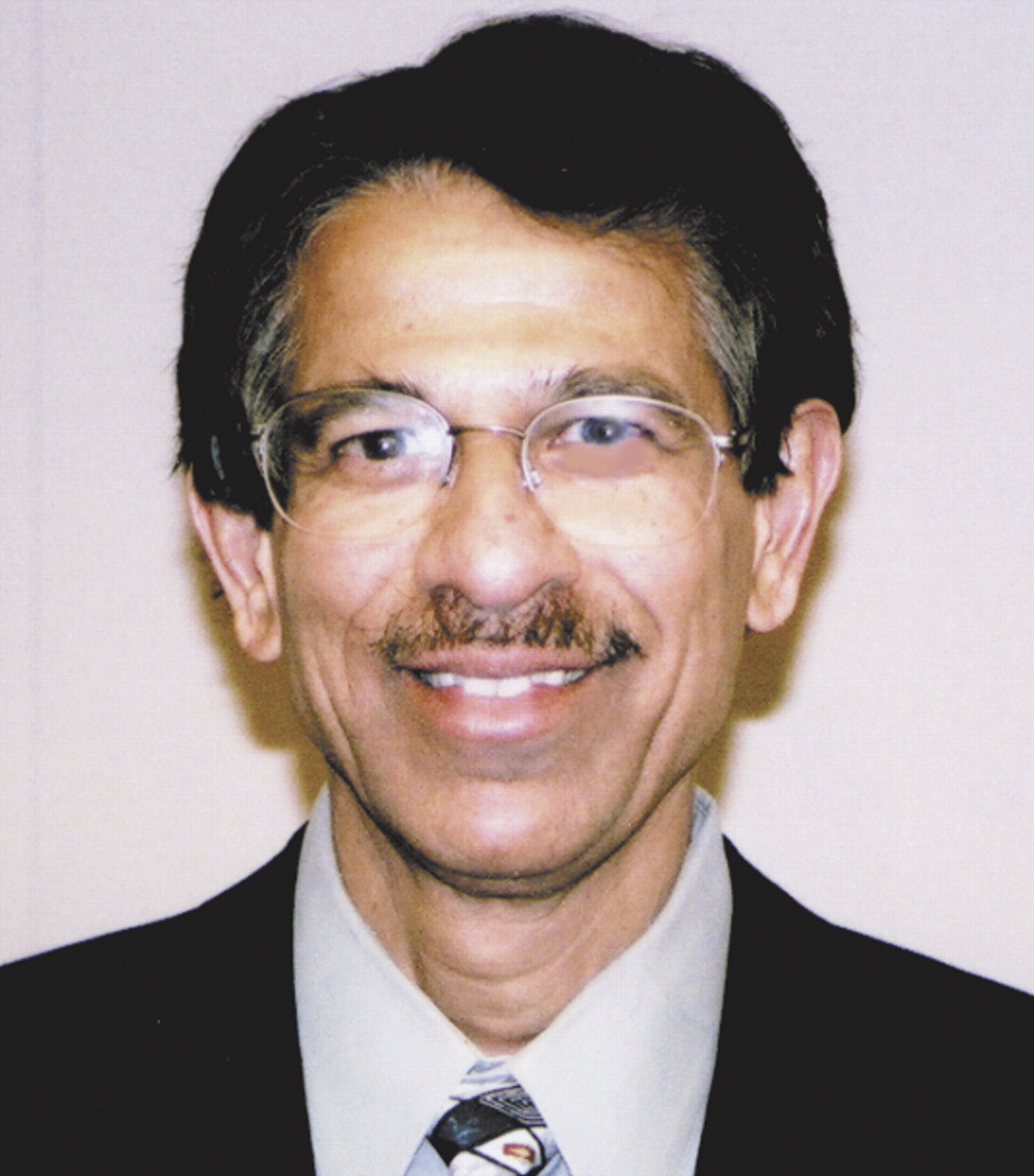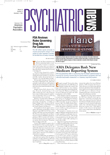Some patients who have had schizophrenia for decades may substantially improve in later life. So said Dilip Jeste, M.D., winner of APA's Research in Psychiatry Award, at the Association's 57th Institute on Psychiatric Services in San Diego last month.
“The prevalent concept of schizophrenia as a neurodegenerative disease with a downward course is not quite accurate,” Jeste said.“ Most people with the disease do not get demented as they age, and those [older patients with schizophrenia] living in the community show a slight improvement with age. Apart from the biological significance, this offers a ray of hope that even for people with schizophrenia who have been sick for decades, there can be a light at the end of the tunnel.
“The disease is not a lifetime sentence, and you can get better in later life,” he said.
Jeste is the Estelle and Edgar Levi Chair in Aging at the University of California, San Diego (UCSD) and director of the Sam and Rose Stein Institute for Research on Aging. He is also editor in chief of the American Journal of Geriatric Psychiatry.
Jeste also told psychiatrists at the institute that a body of research from around the world has shown that late-onset schizophrenia—occurring after the age of 40— is a valid diagnosis with unique attributes but also a number of similarities with the more common, early-onset form. He also presented study results showing that psychosocial treatments—especially cognitive-behavioral therapy and social-skills training—can support recovery in late life (
see box).
Jeste said the emerging picture of late-life schizophrenia counters Emil Kraepelin's original formulation of dementia praecox (or precocious dementia) as a neurodegenerative disease whose onset is invariably during adolescence or early adulthood and that leads inevitably to dementia.
The concept was formulated in the late 19th century, when life expectancy was far shorter than it is today. Moreover, Jeste predicted that with the aging of the baby-boom population, many mental health clinicians will be practicing geriatric psychiatry.
He presented a recently completed analysis of data from research at UCSD on 1,156 middle-aged and elderly patients with schizophrenia or schizoaffective disorder and 215 healthy controls who were followed for the past two decades.
Of the 937 younger patients with schizophrenia (aged 40 to 60), 39 percent (or 365) were living independently in the community, and 49 percent (888) had ever been married. Of the 219 older patients (aged 60 or greater), 47 percent (103) were living independently in the community, and 70 percent (153) had ever been married.
While the figures for the older patients were well below those for the controls (they were in the 80 and 90 percentiles for independent living and marriage, whether old or young), they suggest that patients do not invariably decline in late life, Jeste said.
Moreover, scores on the SF-36, a 36-item self-rated physical health scale, showed that while people with schizophrenia experienced some decline in physical functioning over time, the decline was not as prominent as among the controls. Even more surprising was that while average self-reported mental status declined some among healthy controls, it appeared to improve in late life for those with schizophrenia, Jeste said.
Finally, while self-reported overall quality of life declined markedly among the controls, it remained stable for patients with schizophrenia in late life, he reported.
“This is definitely not dementia,” Jeste said. “The course seems to be relatively stable and nondeteriorating. There appears to be improvement in mental health and functioning, and the quality of well-being does not decrease over the lifetime of these subjects.”
Those results corroborate earlier published work by Jeste and colleagues at UCSD on rates of sustained remission in the community showing that of 145 middle-aged and elderly patients with schizophrenia living independently, 18 had been labeled “clinically remitted,” while 12 others met criteria for remission established by the researchers.
Those criteria included no hospitalization for the previous five years and a level of psychopathology similar to that of normal subjects. Patients also had to be neuroleptic-free or on a low dose of an antipsychotic. The mean age was 58, and the length of follow-up since meeting criteria for remission was between two and 10 years, according to the study, which appeared in the August 2004 American Journal of Psychiatry.
Jeste told participants at APA's institute that the “real” rate of remission is likely higher since some patients who recover cease being seen by clinicians.
Possible predictors of remission include marital status, social support, and greater reserves of cognitive or personality function. Those patients with more severe paranoid or schizoid features in early life may be less likely to remit, Jeste said. Age or duration of illness does not appear to be associated with likelihood of remission.
On measures of cognition, remitted patients scored worse than normal controls but better than patients who were still symptomatic. This finding is consistent with the fact that deficits in cognition typically appear years before the first psychotic break, Jeste noted.
“Initially this appeared to be a disappointment,” he said.“ If we call these patients remitted, why would they have cognitive impairment? Yet the more one thinks about it, the more it makes sense. Schizophrenia is a neurodevelopmental disease, and most agree that the predisposition is present very early in childhood. Children who go on to develop schizophrenia show cognitive impairments years before they show psychotic symptoms or before they are diagnosed.
“If that's the case, and cognitive impairment predates schizophrenia, why would we expect cognition to be normal after remission?” he said.“ Cognition is not related to psychopathology, so the best we can expect is to return to premorbid functioning, which is what we expect for any illness.”
This outcome should hardly be considered a failure. “For someone to return to premorbid function after decades of illness is remarkable,” Jeste said. ▪

